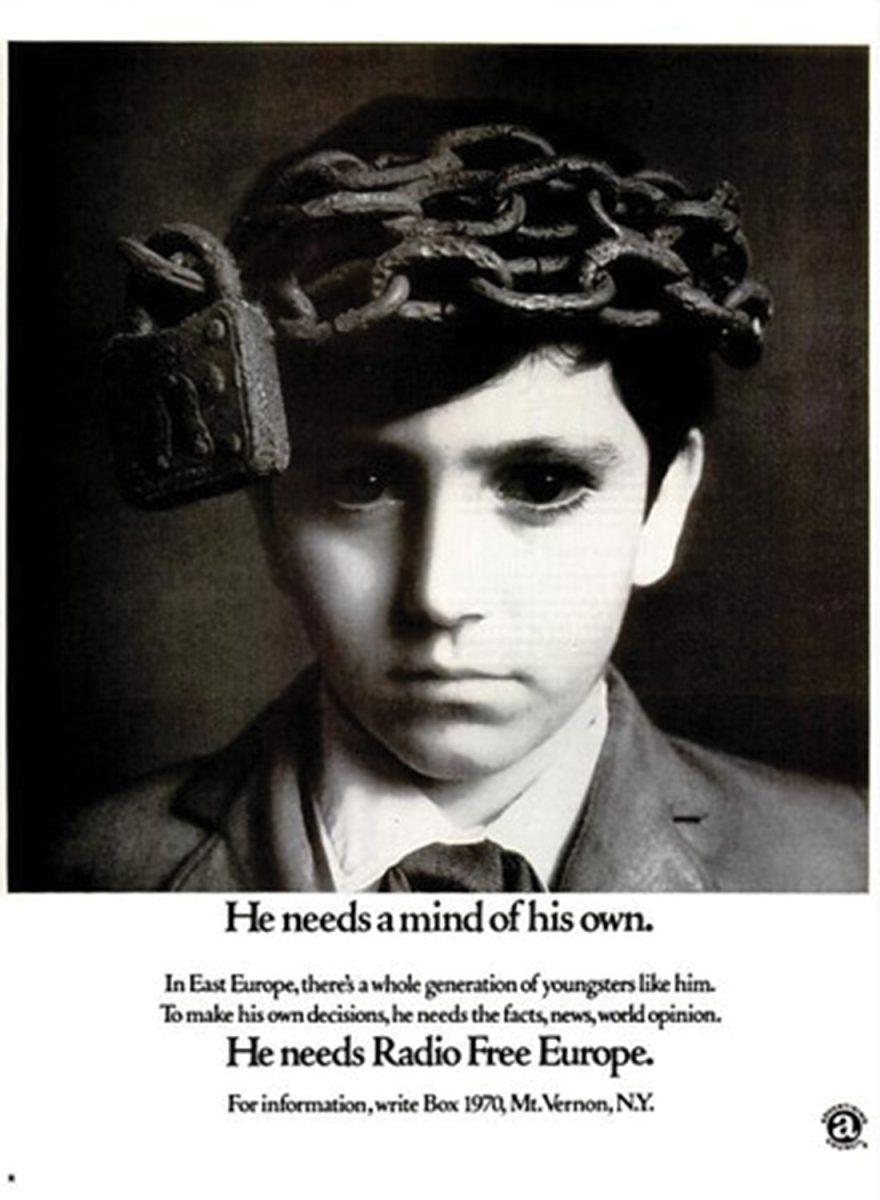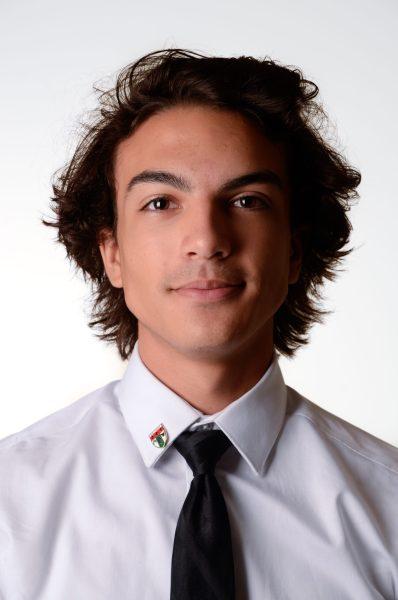Photo courtesy of Openverse
By Alex Gross ’24
Today’s digital world is constantly flooded with misinformation, and one who is constantly connected to this propaganda is none other than Vladmir Putin.
Whether it be creating propaganda that paints the western world to be war criminals or spreading deep fake videos of Ukrainian President Voldymyr Zelensky surrendering, Putin has familiarized himself with the dangers of disinformation.
But Putin’s antics have of course been met with opposition.
Radio Free Europe / Radio Liberty (RFE/RL) started as a U.S. government funded organization during the Cold War, broadcasting information across Europe, Asia and the Middle East. Their goal is to elucidate the truth in places where the free flow of information is either restricted by the government or not fully developed.
Russia’s invasion of Ukraine has been their latest focus, reaching Russian audiences in more than 30 countries through their television program Current Time. The program garners 6.2 million weekly views, but with the help of social media, they have estimated almost 3 billion views in 2022.
But this conquest for truth doesn’t come easy.
Throughout its history, 18 RFE/RL journalists have been killed, with three currently being held in life-threatening situations in Belarus and Crimea. Reporters are constantly on the front lines of war, putting themselves in danger from illegal practices of media censorship, arrest and even assassination.
For some, their careers have extradited them not only from their country, but from their families as well.
“I try to send them my reports, but they still believe not to me, but, say, still believe to Russian television. They’re afraid of truth” said Russian reporter Anastasia Tishchenko in a recent interview with 60 Minutes.
Freedom of the press is an arcane phenomenon in many authoritarian states, making many citizens eager for the truth.
“When I came to Radio Free Europe/Radio Liberty I understood that this media gives you a chance to tell the truth, to cover your stories as you see it, as you want to present it. And there is no pressure of some guidelines from the government, ” said Ukranian RFE/RL journalist Natalya Dzahpoladova to 60 Minutes.




















